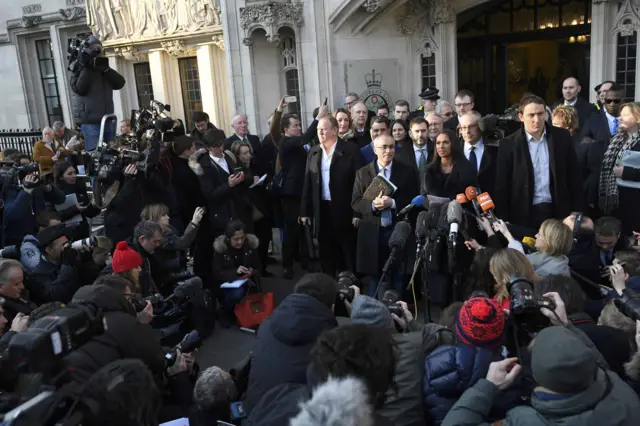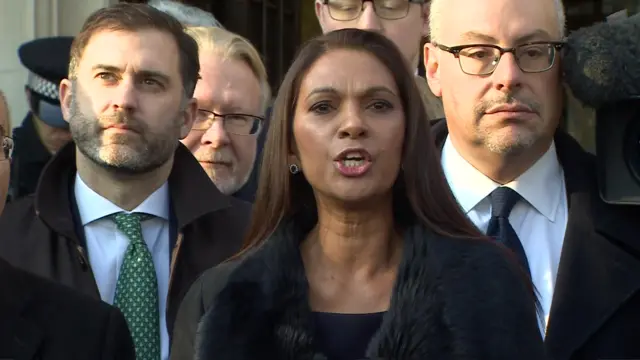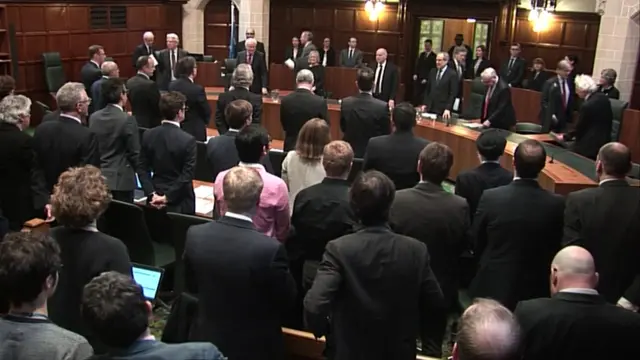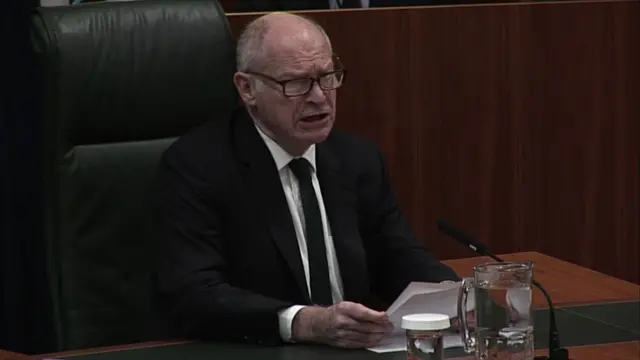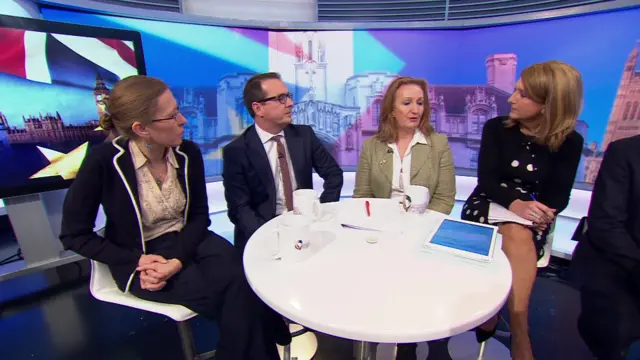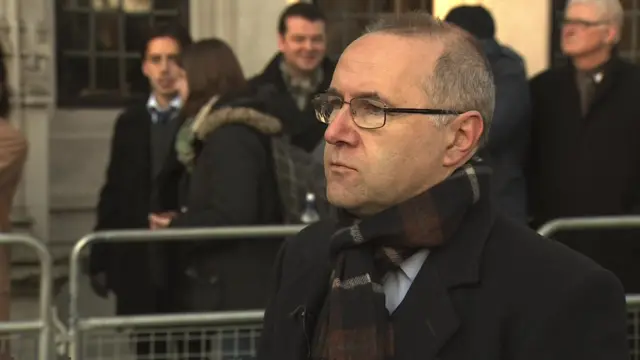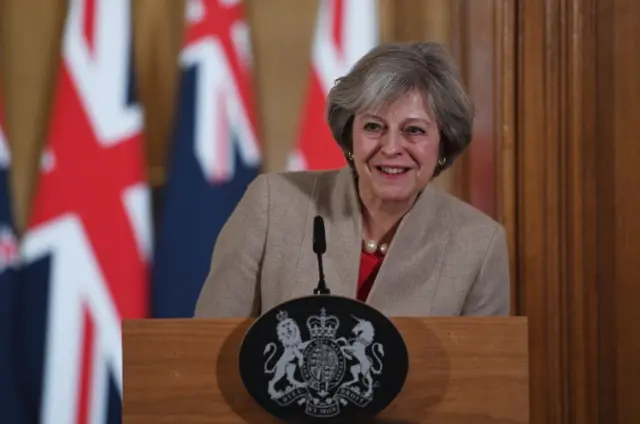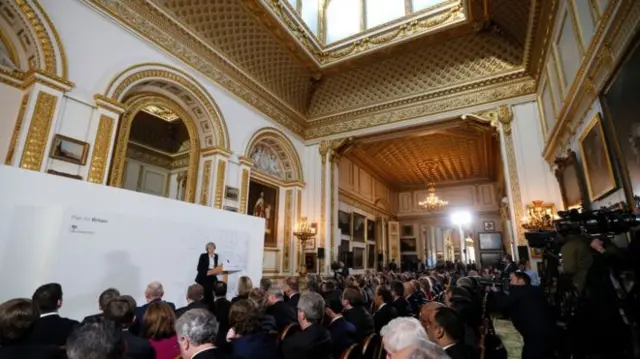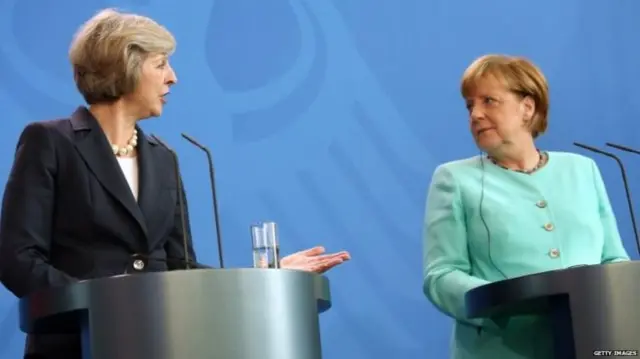Tim Farron: 'We demand a vote on Brexit deal'published at 10:07 GMT 24 January 2017
Lib Dem Press Office tweets...
Allow X content?
This article contains content provided by X. We ask for your permission before anything is loaded, as they may be using cookies and other technologies. You may want to read X’s cookie policy, external and privacy policy, external before accepting. To view this content choose ‘accept and continue’.
